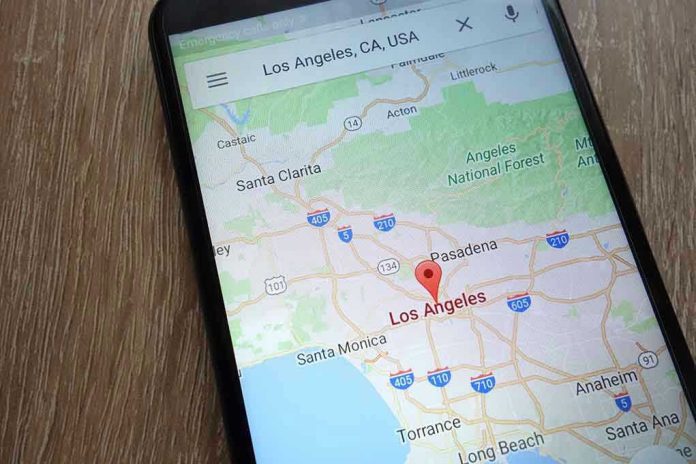
Indiana’s decisive redistricting move challenges California’s Democratic gerrymandering strategies, igniting a national partisan showdown.
Story Highlights
- Indiana Governor Eric Holcomb calls a special session to counter California’s redistricting.
- California Governor Gavin Newsom leads Democratic efforts to flip Republican-held seats.
- Partisan redistricting efforts escalate nationwide, impacting congressional balance.
- Special legislative sessions used as a tool for quick partisan map changes.
- Potential legal and public trust issues arise from aggressive redistricting tactics.
Indiana’s Strategic Response to Redistricting
Indiana Governor Eric Holcomb has launched a special legislative session aimed at redrawing congressional districts. This action directly responds to California Governor Gavin Newsom’s efforts to alter congressional maps in favor of Democrats. Newsom’s initiative is part of a broader Democratic strategy to shift the balance of power by targeting Republican-held seats, prompting a strategic counterattack from Republican-led states like Indiana.
This bold move by Indiana showcases a proactive approach to safeguarding its congressional representation against perceived Democratic overreach. The state’s decision to hold a special session underscores the urgency and importance of maintaining partisan control in the face of national redistricting battles.
California’s redistricting proposal requires voter approval, setting a precedent for voter involvement in map validation. This adds another layer of complexity to the redistricting process, as both parties vie for control. The approval process highlights the tension between independent commissions and legislative bodies, with voters caught in the middle. Indiana’s swift action to call a special session illustrates the high stakes and rapid pace of redistricting efforts across the nation.
The National Redistricting Landscape
The redistricting battle is not isolated to Indiana and California. States like Texas, Missouri, and Virginia are actively redrawing maps to secure partisan advantages. Texas’s recent Republican-backed map aims to flip Democratic-held seats, setting a precedent for aggressive mid-decade redistricting. This has spurred similar efforts nationwide, with each state seeking to maximize their party’s representation in Congress.
As these redistricting efforts unfold, the implications are significant. Short-term shifts in congressional representation, heightened partisan tensions, and potential legal challenges loom large. Long-term consequences could include the erosion of public trust in the democratic process and increased political polarization. This redistricting arms race reveals the deep-seated divisions within American politics, with each party leveraging state-level maneuvers to gain congressional ground.
Impact and Future Considerations
The immediate effects of these redistricting efforts are already being felt. Voters in redrawn districts face new electoral landscapes, while incumbent members of Congress must navigate shifting political territories. The potential for increased voter confusion and disenfranchisement is a pressing concern. Economically, the legal costs associated with lawsuits and referenda add another dimension to the redistricting saga.
The broader impact on the redistricting industry, including consultants and legal experts, is notable. This sector sees heightened activity as states push for rapid map changes. Media and advocacy groups intensify their coverage, rallying support and opposition in equal measure. The outcome of these redistricting battles will shape the national political landscape for years to come, with each party vying for dominance in an increasingly contentious arena.
Sources:
The Independent: Trump Congressional Redistricting
AOL News: Indiana’s Governor Calls Special Session



